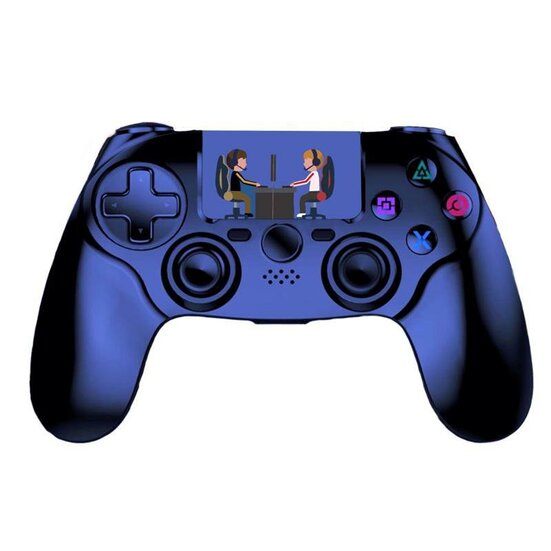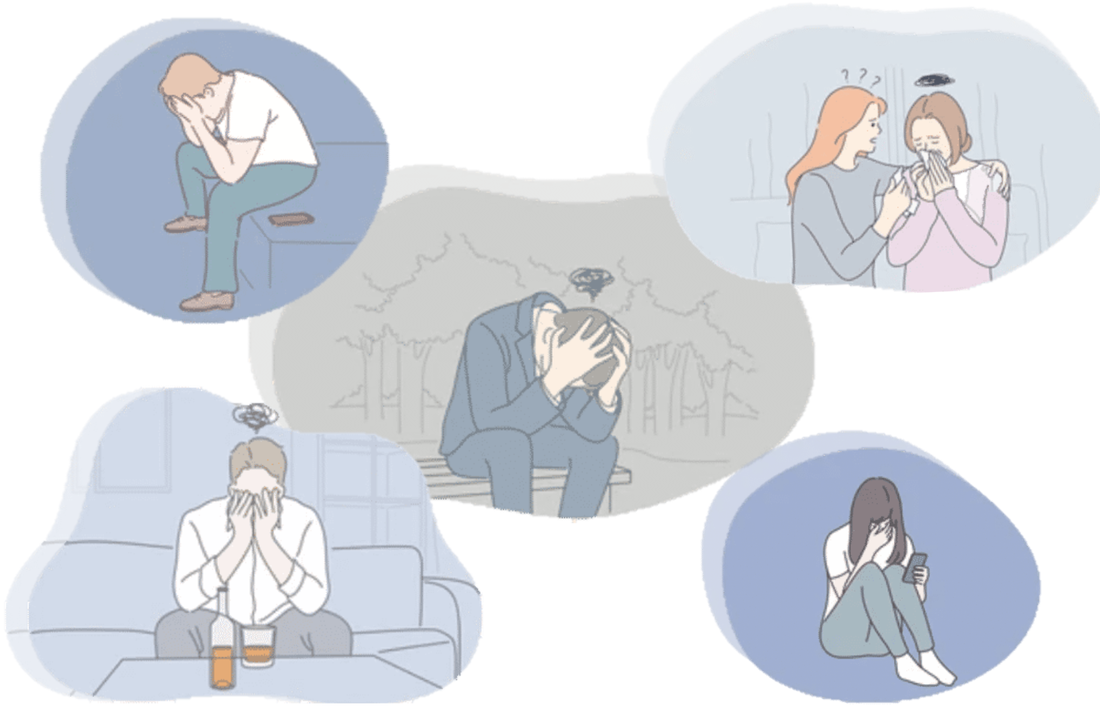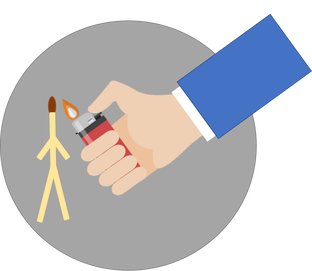|
Content Creator: Krithika P V Content Editor: Anchita Shetty Blog Designer: Halima Asif “Video games? What a waste of time.” “It ruins your eyesight. Might as well make you go blind!” “Turn that off, son! Get out of your room, these games are doing no good to your life!” I bet all of us, at one point, have had these lines been told to us while gaming. Though, it’s not that they’re completely false. It’s true that long hours of gaming can affect your eyesight and violent video games can make people aggressive and snappy. But, every coin has two sides, right? So, how fair is it to glorify one side while completely ignoring the other? After years of research that has posed video games as a threat to mankind, only recently have a growing number of studies proved that they are not that bad after all. In fact, gaming has been proven to improve the mental health of humans. Several researchers have claimed that playing video games has helped many children reduce emotional disturbances and attain emotional stability. It has also been made evident that it can be a source of relaxation and a stress reliever for many youth. Teenagers and young adults have claimed that video games have been a good escape from reality. They feel that tensions, worries, work pressure, relationship issues and every other mentally-demanding element of our lives are addressed better after a few hours of escapism through these video games. People who believe in the toxicity of video games state that it increases a sense of self-isolation and loneliness among its players. But, factually, socially isolated people find a home in video games. It decreases the possibility of depression as it always keeps your mind busy in one thing or another. Most of the popular video games, being multiplayer ones, also decreases the feeling of loneliness in people. Video games secretly help in personal skill development as well. The quickness of actions in most video games aides in increasing concentration and improving one’s reaction time. It also improves one’s memory since gamers are often required to remember some prior moves, maps, etc. It also helps in increasing one’s ability in problem-solving and conflict management. Video games are tasks with quick results. It’s simple: you win or you lose. This quality of these games tends to have many positive impacts on our mental health. Quick wins help in boosting self-esteem. Gradual increase in difficulty of levels develops a feeling of having to better oneself each time. Losing also helps in developing patience and learning resilience in times of failure. Most of today’s popular video games are multiplayer. This helps gamers connect with new people online and also connect to their friends and colleagues on a different level. Connecting with people online, even with existing drawbacks, has had a good impact on the mental health of many gamers. Most of them claim that their online friends are equal to, or even better than, their real friends. They have also admitted to sharing vulnerable secrets with online friends more than the ones offline. The reason for this has been the insecurities of being judged by people in face-to-face conversations. Therefore, the absence of judgement and the presence of anonymity helps them build really good relationships with the co-players online. People from all over the world play video games. This means the diversity on these platforms is very high. Connecting with people with a large variety of differences based on gender, nationality, religion, race, language and culture helps people sensitize with one another. They learn to be sensitive to these differences and to be more accepting of one another. Video games, as a matter of fact, have also been used in therapy in order to boost the mental health of patients. Stating an example, a game called “Re-Mission” was designed that contains a tiny robot that shoots cancer cells, overcomes bacterial infections and manages nausea and other barriers faced by cancer patients. Within a study where patients were encouraged to play this game in 34 cancer centers, results showed that patients who played it showed a greater adherence to treatment and cancer-related knowledge compared to other patients who did not play it. Summarizing the presented information, video games have had immense positive effects on the overall mental health of people. People often find a companion in video games when lonely in real life. These eye-opening realizations of something that has been criticised for ages must be made known to the world. References 2. https://qrius.com/how-gaming-can-benefit-your-mental-health/ 3. https://www.apa.org/news/press/releases/2013/11/video-games
0 Comments
Content Creator: Thrisha Sajeev |
Archives
May 2022
Categories |



